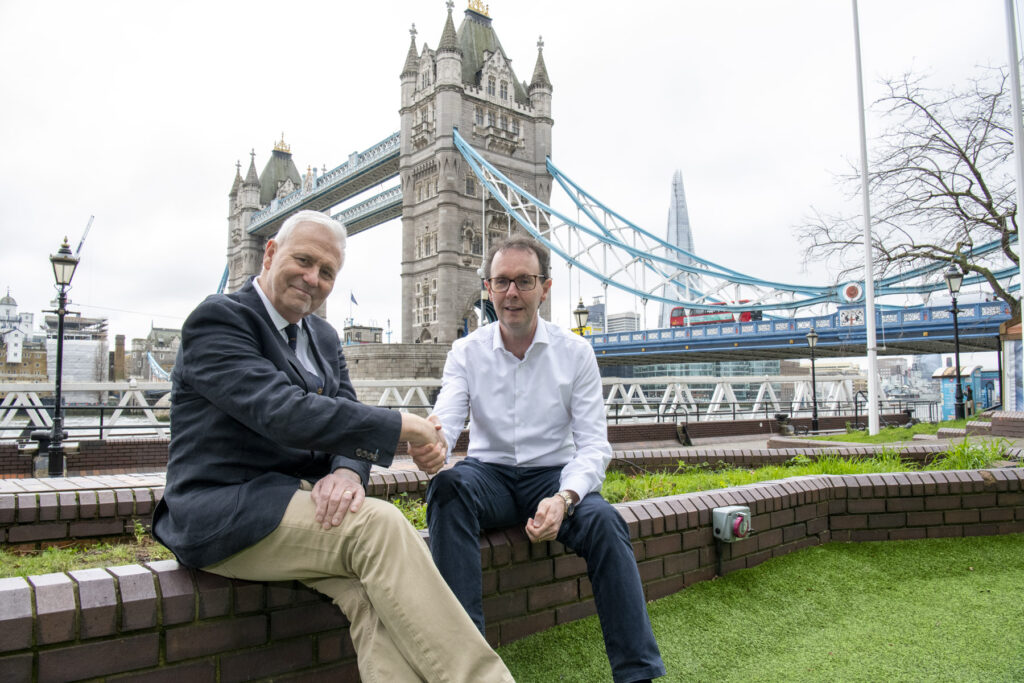As the warmer summer weather settles in (however short-lived it may be!), it’s a good idea to start preparing for the occupational health and safety risks that hotter temperatures can bring. These include sunburn, an increased risk of skin cancer, dehydration, heat stress, heat exhaustion, and heatstroke. Keep reading to learn about what you can do to prepare to work safely in the sun.

Sun Safety
In a country like Ireland where sunshine is measured in hours, rather than days, it’s hard to believe that in 2014, for example, we had around one death every week related to sun exposure at work. Every year in Ireland, over 10,000 people are diagnosed with skin cancer. Here are 5 actionable tips to stay safe:
- Where possible stay in the shade to limit your direct exposure to UV rays
- Cover up with a hat that has a brim, giving shade to the face, neck, head and ears.
- Sun glasses aren’t just a fashion item – long term exposure to UV rays can lead to cataracts and cancer, so make sure you’re wearing sunglasses on bright days.
- Wear Sunscreen of minimum SPF15. Don’t forget that sunscreen has an expiration date, so make sure yours is still fit for use!
- Know your local UV index – if your local UV index is 3 or higher, then you need to make sure you’re being extra careful and stay sun safe!
Working safely in the heat
Many of us in Ireland are not used to the warm weather, which means we might not be as prepared as we should for working outdoors when summer does come around. While none of us can control the weather, we can all take actions to prevent heat stress. There are many types of heat stress, with heat stroke and heat exhaustion being two of the most well known. However there is also heat syncope (a fainting episode or dizziness), heat cramps and heat rash.
Employers can follow these tips to help prevent heat stress:
- Schedule strenuous jobs for the morning or evening, when temperatures are cooler;
- Provide cold water or non-alcoholic beverages to workers;
- Provide rest periods and water breaks in cool areas;
- Help workers to acclimatise to the hot weather, or use relief workers / assign extra workers for physically demanding jobs;
- Provide heat stress training so that your employees understand the symptoms and treatment for heat stress, along with the risk it can pose.
Some other tips include:
- Wear light coloured, loose fitting and breathable clothing. PPE or protective clothing can increase the risk of heat dress, but this does not mean that you should avoid proper PPE in hot conditions;
- Drink water frequently and avoid large amounts of caffeine or sugar;
- Take breaks in the shade or cool areas;
- Alway monitor your physical condition, and keep an eye on your colleagues’.
Looking for safety consultation or training for your organisation? Get in touch with Ayrton Group for information on our safety consultancy services and training courses. Contact us on 021 421 0331 (Cork Office) or 01 838 5595 (Dublin Office), or email info@ayrton.ie



